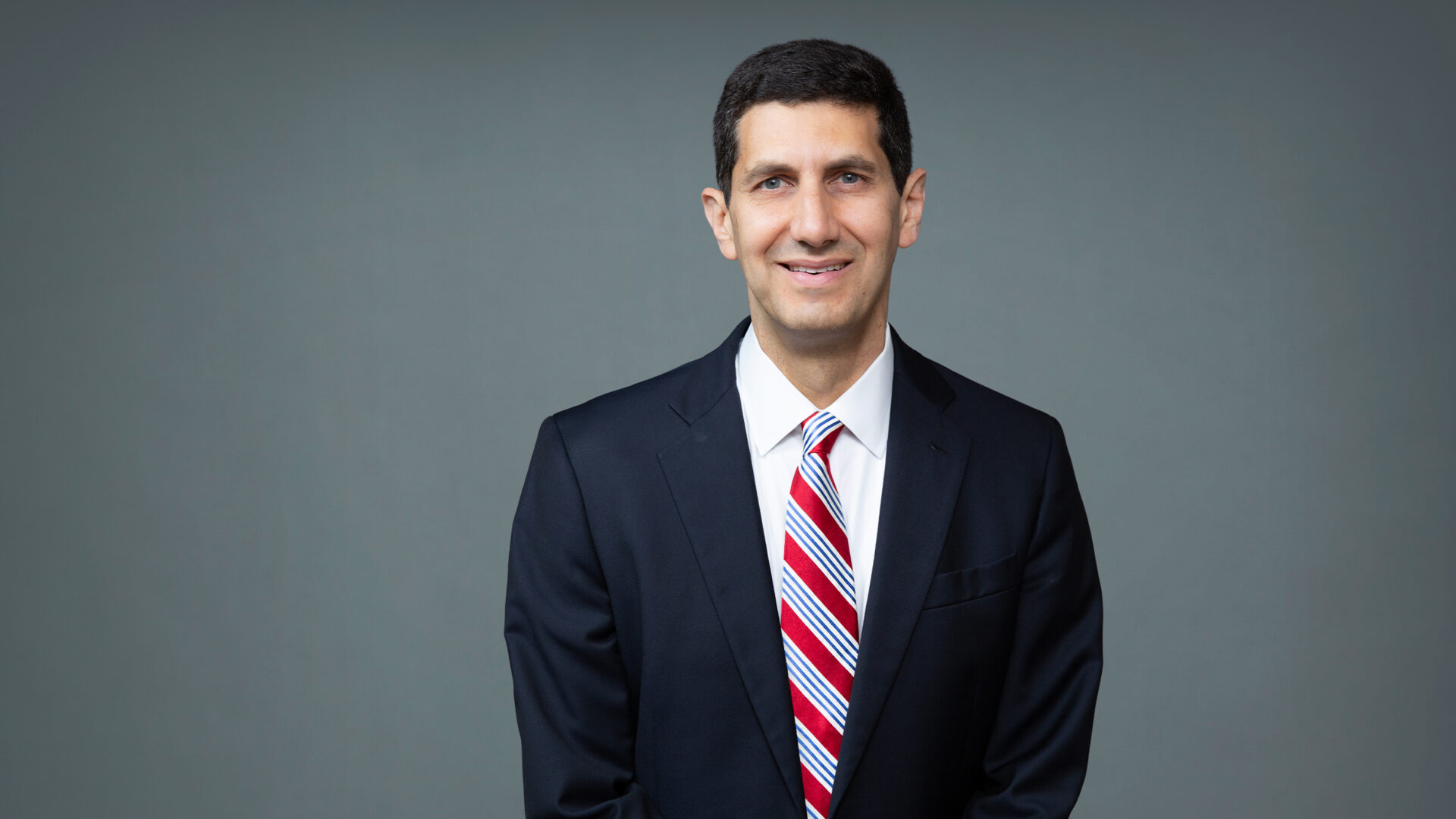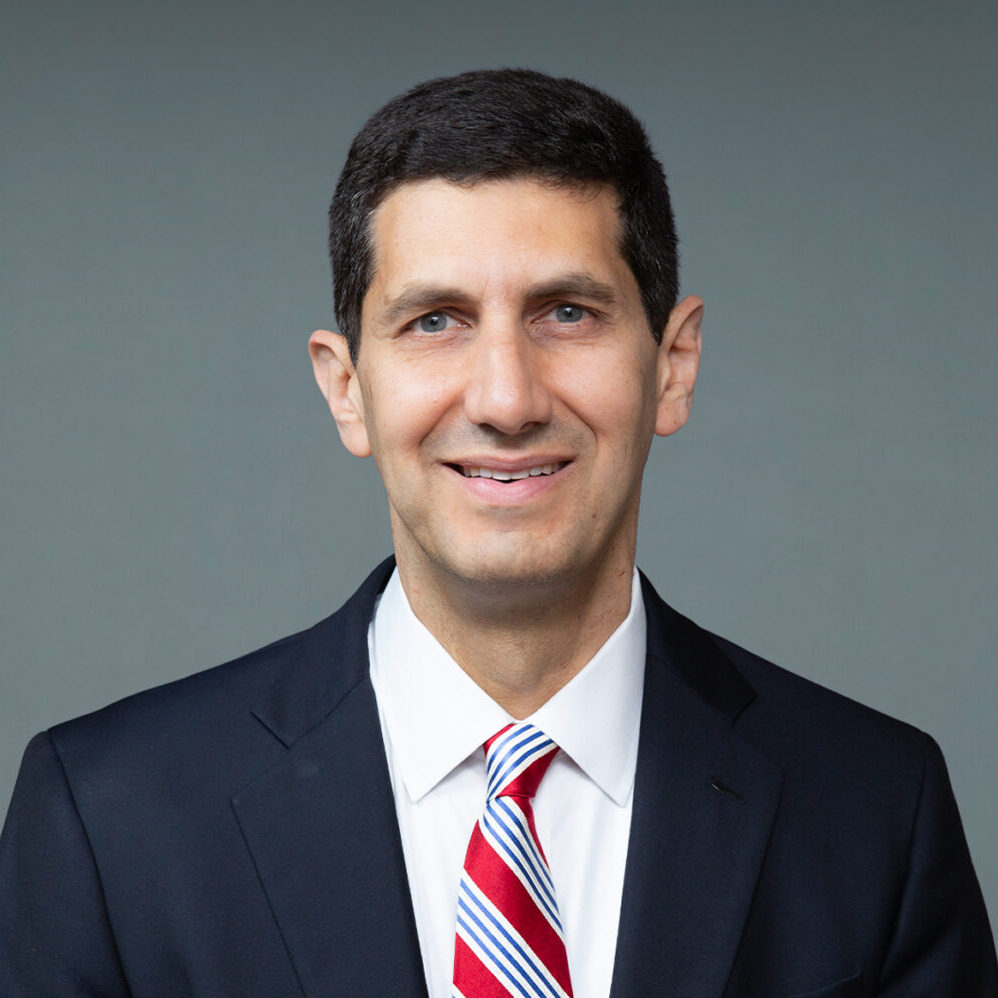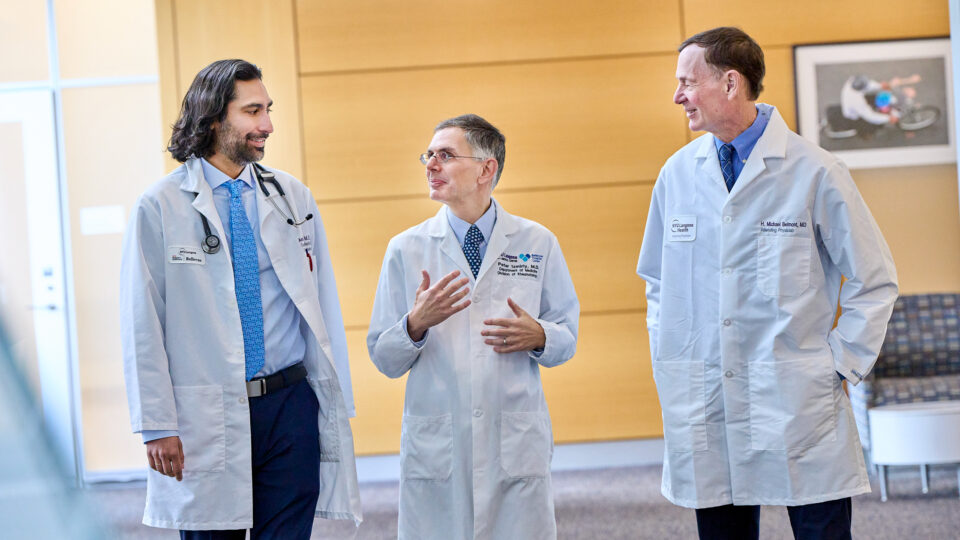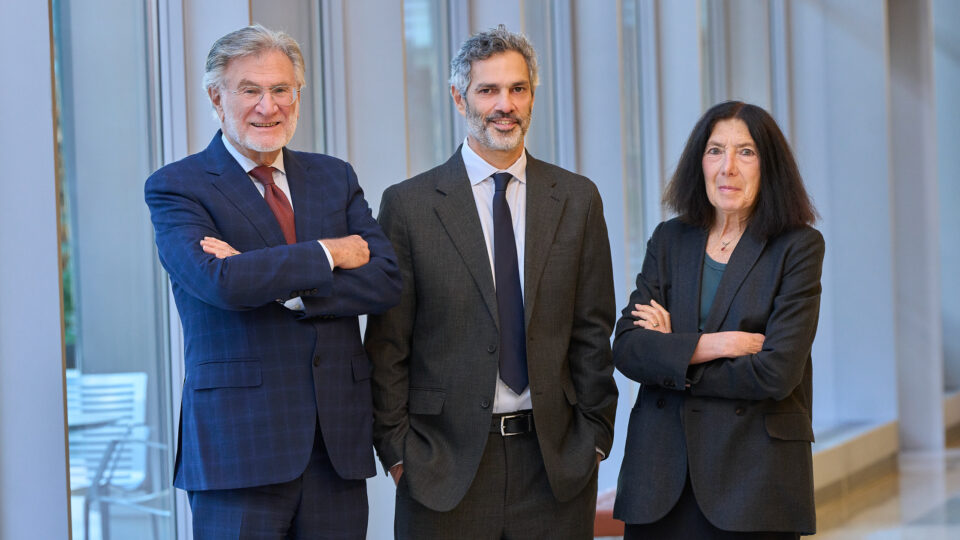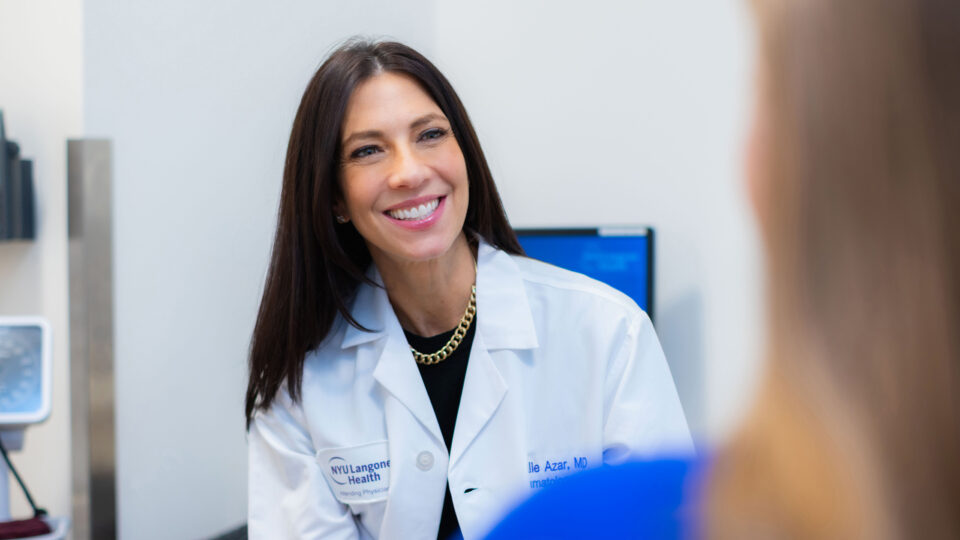What drew you to rheumatology and what continues to inspire you?
During my year off at the NIH during medical school, working in Dr. Dan Kastner’s lab, I discovered that academic rheumatology could offer a fulfilling and exciting career path. Dr. Kastner was an ideal mentor, demonstrating remarkable success as a physician-scientist through his discovery of the gene for familial Mediterranean fever (FMF) and pioneering work in autoinflammatory diseases, while displaying natural charm with patients, trainees, and colleagues. I am forever grateful for his formative guidance.
I continue to be invigorated by novel disease-halting treatment options in our field, as well as the vibrant environment at NYU Langone rheumatology which offers remarkable clinical and scientific breadth and depth and a cadre of genuine and warm physician colleagues. My involvement in the Osteoarthritis Research Society International (OARSI) and leadership role in the Ultrasound School of North American Rheumatologists (USSONAR) allow me to have an impact in the field beyond my efforts here on campus.
Why NYU Langone?
NYU Langone has established itself as a premier institution through both its exceptional operations and personnel. It is a privilege to work alongside such outstanding clinicians and trainees, both within rheumatology and across other disciplines. This facilitates top-notch clinical care and fosters enhanced collaborative research. I am currently involved in research initiatives with our bariatric surgeons, orthopedic surgeons, interventional radiologists, imaging scientists, and others. No two days are the same, and I love the challenge and rigor.
Can you share an example of a challenging diagnosis you overcame?
I regularly treat patients with FMF, including those who are refractory to or intolerant of colchicine, requiring IL-1 inhibition with Ilaris or alternative drugs. When one Ilaris-dependent patient developed Crohn’s disease, requiring additional immunosuppression that could lead to infections and other complications, I collaborated with gastroenterology to develop a safe, effective regimen addressing both conditions. The patient is responding well to combination immunosuppressive therapy with close monitoring.
What challenges do you face in the next year and how can you address them?
I’m excited to be starting several new studies, including one with orthopedic surgeons on perioperative care for patients with rheumatic disease. The key challenge is securing adequate funding, which has become increasingly difficult with recent federal research budget cuts. While the competition for funds will increase, we will put our best foot forward, leveraging our preliminary data and excellent staff support.
What advice would you give to an early-career rheumatologist?
Continue reading voraciously about your patients’ diagnoses. Find a specific disease or subdiscipline that interests you and become the go-to expert—maybe even start a patient registry for future studies. Set concrete three-, five-, and ten-year career goals, revisiting them annually. Finally, identify at least one mentor you can contact easily and often.


